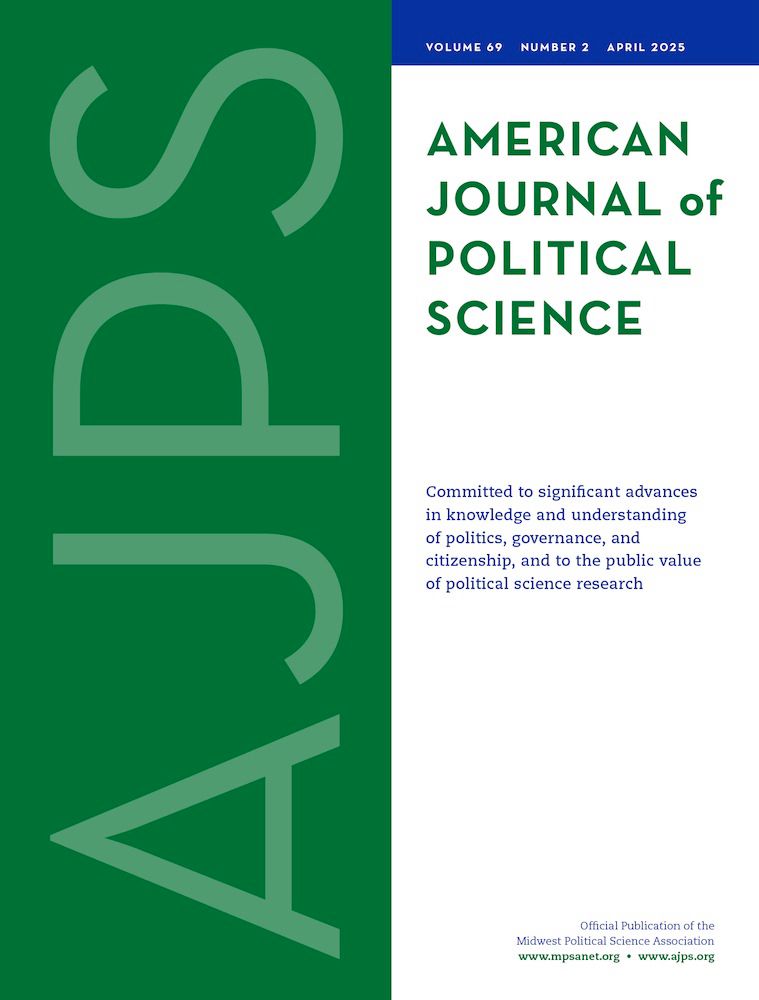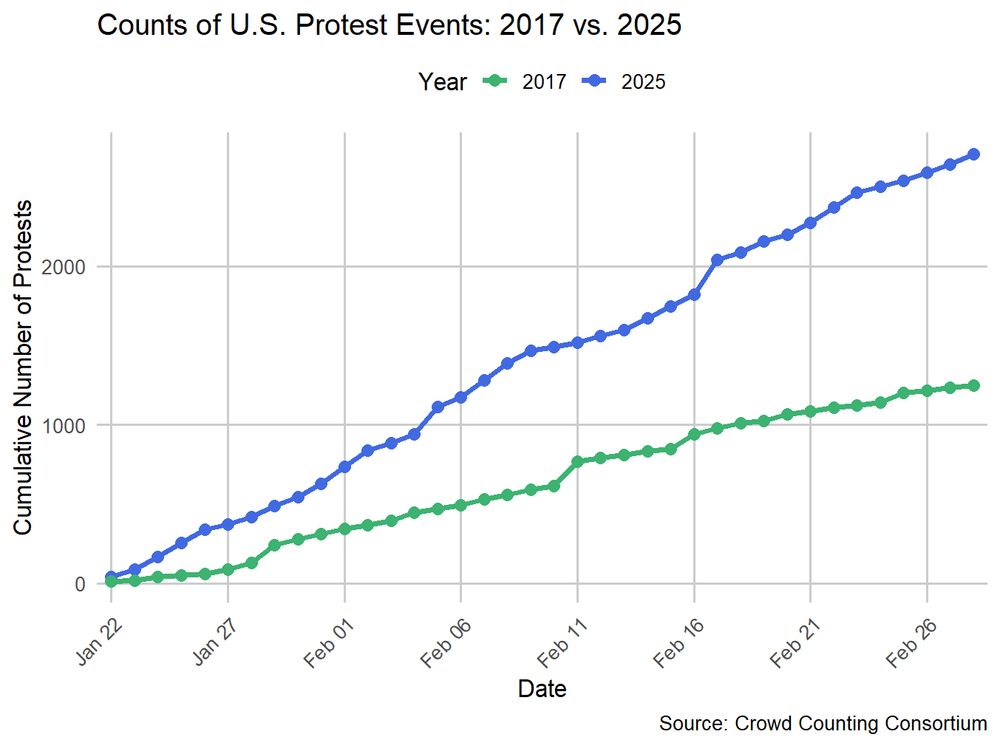Danielle Pullan
@dmpullan.bsky.social
1.8K followers
1.8K following
86 posts
Assistant professor of political science researching abortion policy and gender representation | she/her 🏳️🌈🇺🇸🇮🇹 | Alum of MPIfG, U Cologne, American U
Posts
Media
Videos
Starter Packs
Pinned
Danielle Pullan
@dmpullan.bsky.social
· Jul 29
“In Italy, we have a saying: make the law and you will find a way to cheat it”. The Regionalized Implementation of Italian Abortion Policies | Gannon | Interdisciplinary Political Studies
“In Italy, we have a saying: make the law and you will find a way to cheat it”. The Regionalized Implementation of Italian Abortion Policies
siba-ese.unisalento.it
Danielle Pullan
@dmpullan.bsky.social
· Jul 29
Danielle Pullan
@dmpullan.bsky.social
· Jul 29
Reposted by Danielle Pullan
Payton Gannon
@paytongannon.bsky.social
· Jul 23
“In Italy, we have a saying: make the law and you will find a way to cheat it”. The Regionalized Implementation of Italian Abortion Policies | Gannon | Interdisciplinary Political Studies
“In Italy, we have a saying: make the law and you will find a way to cheat it”. The Regionalized Implementation of Italian Abortion Policies
siba-ese.unisalento.it
Reposted by Danielle Pullan
Danielle Pullan
@dmpullan.bsky.social
· Jul 23
Reposted by Danielle Pullan
The Loop
@ecprtheloop.bsky.social
· Jun 16

Emergency room abortions in the US: doctors’ objections trump patients’ lives
It is now two years since the fall of Roe v. Wade. How has this affected healthcare for pregnant Americans? Payton Gannon and Danielle Pullan explain the most recent Supreme Court cases, and contextua...
ow.ly
Danielle Pullan
@dmpullan.bsky.social
· Jun 13
Reposted by Danielle Pullan
Danielle Pullan
@dmpullan.bsky.social
· May 28
Reposted by Danielle Pullan
Danielle Pullan
@dmpullan.bsky.social
· Apr 17
Danielle Pullan
@dmpullan.bsky.social
· Mar 31
Danielle Pullan
@dmpullan.bsky.social
· Mar 31
Reposted by Danielle Pullan
Reposted by Danielle Pullan




















